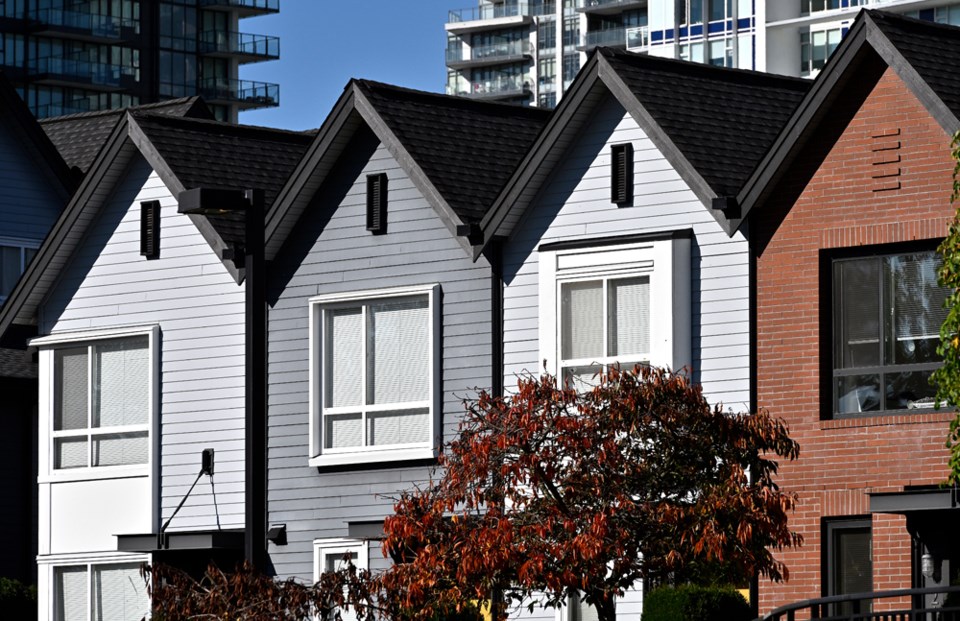It’s time for Burnaby residents to have their say on this year’s draft budget, including a 5.8 per cent tax increase.
Residents have until Wednesday, April 9 to share feedback on the five-year financial plan.
The city’s regular property tax rate is proposed to increase by 3.9 per cent, equivalent to a $78 increase for an average residential property assessed at about $1.4 million. It would be a $1,237 increase for a business assessed at about $6.2 million.
Staff have also planned a new levy of 1.9 per cent, called the “Growth Infrastructure Investment.”
The new tax responds to provincial requirements around how municipalities must pay for infrastructure and community amenities that support growth.
“The city is required to contribute to the non-growth or replacement components of these programs,” says the city’s financial plan highlights document.
“Due to recent changes in provincial legislation and in order to collect the city’s share of growth-related infrastructure, city council had no other viable option but to raise these funds from the taxpayer.”
The new tax would result in about a $38 increase for an average residential property.
The regular 3.9 per cent property tax increase is set to fund staff salary and benefit increases, as well as inflationary impacts on existing programs and services to the public.
The proposed rate increase also incorporates the contract requirements for community safety needs, mostly related to the RCMP Burnaby detachment and E-Comm services.
“Many city services and programs are impacted by significant cost escalations resulting in the proposed tax increase to be higher than the estimated general inflation of two per cent,” said the highlights.
Staff noted general inflation measures projected cost increases to a typical basket of household items, such as food, shelter and clothing but said a city has different needs.
“A basket of goods for a municipality is significantly different, as it incorporates items such as construction materials and public safety services, which are experiencing cost escalations much higher than the general inflation rate.”
Staff also warned tariffs will cause uncertainty this year, as well as “anticipated growth and densification in Burnaby” which the report said would place “additional requirements” on core services.
Burnaby's capital plan
The proposed capital budget for 2025 is $438.5 million.
The city noted it can fund these capital projects through reserves without having to incur any debt.
Capital project highlights include:
- Cameron Community Centre and Library ($276.3 million)
- Burnaby Lake Recreation Complex ($247.9 million)
- RCMP detachment (Community Safety Building) ($227 million)
- Willingdon-Brentwood Community Centre (152.6 million)
- City Hall redevelopment ($175 million)
- Burnaby Lake Pedestrian Bridge Overpass ($20.9 million)
- Lewarne Park Playground ($3 million)
- Marine Drive: Greenall Avenue to Strathearn upgrades ($19.2 million)
- Phase 1: Vancouver to SFU active transportation connection ($8 million)
Staff noted the property tax bill sent to homeowners also includes property taxation from other taxing authorities, including Metro Vancouver, TransLink and BC Assessment.
Water and sewer services are provided by Metro Vancouver, which passed on tax increases to Burnaby of 7.2 per cent for water and 49.8 per cent for sewer.
However, the city plans to pull from its reserves to “ease the overall tax increase to Burnaby citizens,” and the city has proposed increases of zero per cent for water and 20 per cent for sewer services for 2025.
The final plan is expected to be presented to council in late April with the tax rates bylaw adopted before May 15.





